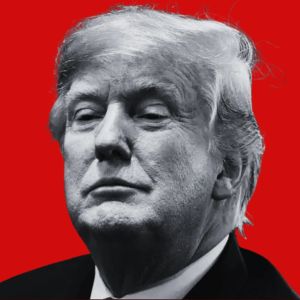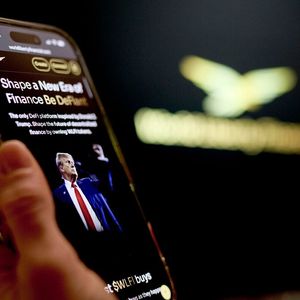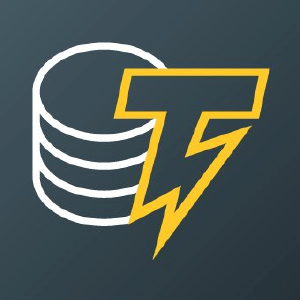South Korea introduces landmark crypto bill to curb US stablecoin influence
3 min read
South Korea’s ruling party has moved to establish the country’s first integrated framework for digital assets as a part of President Lee Jae-myung’s pledge to support the crypto economy. On June 10, the Democratic Party submitted the Digital Asset Basic Act, a legislative proposal aimed at regulating cryptocurrencies, stablecoins, and virtual asset service providers. The bill is being led by Min Byeong-deok, a Democratic Party lawmaker and chair of the party’s Digital Asset Committee . Min helped shape President Lee’s crypto agenda during the campaign and has since taken the lead in driving the push for a Korean won-based stablecoin framework. What is the Digital Asset Basic Act? The Digital Asset Basic Act sets out to establish South Korea’s most comprehensive legal framework to date for regulating the digital asset ecosystem. Building on the investor-focused protections introduced under the Virtual Asset Investor Protection Act in 2024, this new legislation expands the regulatory scope by addressing existing regulatory gaps. A cornerstone of the bill is the licensing regime for stablecoin issuers, particularly those creating assets pegged to the Korean won. Under the proposed rules, issuers must meet a minimum equity capital requirement of ₩500 million (approximately $368,000) and gain approval from the Financial Services Commission (FSC), South Korea’s primary financial regulator. In addition to capital requirements, issuers must also maintain adequate reserve assets to support user redemptions and implement bankruptcy remoteness mechanisms. These safeguards are intended to protect holders by ensuring that funds remain accessible even in cases where the issuing entity becomes insolvent. Lee’s administration views a domestic stablecoin ecosystem as a strategic priority, citing the need to retain capital flows within the national economy. In May, Lee had warned that without a won-denominated stablecoin, Korea risks losing monetary influence to dollar-based tokens such as USDC and USDT, which currently dominate local exchange volumes. In just the first quarter of 2025, South Korea’s top five exchanges recorded over ₩57 trillion (roughly $42 billion) in trading volume tied to US dollar-backed stablecoins, according to central bank data. Democratic Party leaders argue that a regulated KRW stablecoin market would not only reduce dependence on foreign-denominated tokens but also reinforce monetary sovereignty. Beyond stablecoins The legislation further mandates reporting obligations for all digital asset issuances and trading activities. The legislation requires all digital asset issuers and trading platforms to register with local authorities, disclose key operational data, and stay compliant with ongoing checks tied to market integrity, consumer protection, and financial stability. To steer national crypto policy from the top, the bill proposes establishing a Digital Asset Committee within the President’s office. The committee would help shape long-term strategy around blockchain growth, regulatory guardrails, and financial infrastructure development. To bolster industry oversight, the legislation would establish a Digital Asset Industry Association, responsible for screening tokens and supervising exchange operations. Two dedicated subcommittees, the Transaction Support Eligibility Evaluation Committee and the Market Surveillance Committee, would be tasked with reviewing token eligibility and investigating unfair trading practices. The proposal stems from months of internal preparation by the party’s Digital Asset Committee, first convened in mid-May and chaired by National Assembly member Min. The committee has been examining the shortcomings of South Korea’s current crypto laws, particularly the rigid “one exchange, one bank” policy that has created chokepoints between trading platforms and their banking partners. The post South Korea introduces landmark crypto bill to curb US stablecoin influence appeared first on Invezz

Source: Invezz



